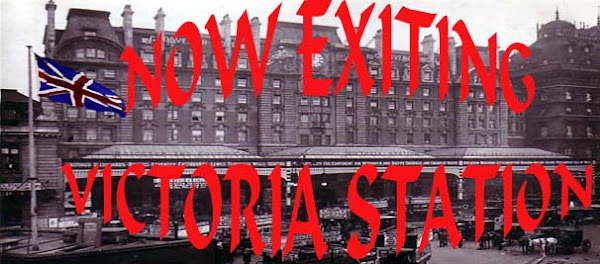Eliot’s comments regarding the artistic struggle between the desire for individuality and the pull of traditional forms or ideas from “Tradition and the Individual Talent” interested me strangely. As a matter of fact, the whole series of essays I read offered some interesting insights. As much as the content of the essays themselves suggested a modernist view point that shed light on the opinions of the movement, the nature of the essays suggested some things about Eliot himself that I found equally useful and interesting. I confess to having almost no exposure to Eliot whatsoever. I know almost nothing about him and have read practically no of his work. He inhabits, in fact, a very particular part of my academic world, for in my ignorance I fear him slightly.
I think I’ll begin with Hamlet. I have studied the play several times and have never heard it described as a failure. Eliot clearly has a very narrow perspective of what qualifies as art. From what I gathered from comments such as calling the play “’the Mona Lisa’ of literature,” he considered it to be what today we might call bubble gum (do people still use that term?) In other words, just because something is lauded by the masses, that does not alter its intrinsic value. Something is the quality that it is, and that quality is objective, not subjective. Eliot seemed almost frustrated by the consideration that emphasis should be placed on the character of a piece rather than the work as a single cohesive unit. Can Hamlet as a character, with his motivations, words and actions be taken outside the context of the play? I realize that this may seem like a bizarre aside, but I personally think it interesting none-the-less. I’m positively in love with the works of an author called Jasper Fforde. He is without question a post-modernist and the books he write (in the fantasy genre) take place in an alternate universe where the “bookworld,” a real place inhabited by the living characters written into fiction, coexists with the real contemporary world. In one of his books, in the equivalent of a foreign exchange program, the character of Hamlet comes to stay with the novel’s protagonist. In a whirlwind of intertextuality, he is simultaneously real and fictional. He has the same traits and flaws that Shakespeare (or Kyd if we trust Eliot) imbued him with, but interacts with people outside of the context of the play. What would Eliot have to say about that, I wonder? Does the character have value as an isolated element of literature? Can the character even exist as it was conceived when it falls outside the framework in which it was meant to inhabit?
All these are questions that relate back to how Eliot envisaged the nature and purpose of art. The unified whole obviously mattered a great deal and getting back to “Tradition and the Individual Talent,” a successful composition must itself be a mesh between the isolation of unique ideas and presentation (individual talent) and the rich tapestry of influences that interweave the work with meaning. Perhaps it is that which bothered him so much regarding Hamlet – the individual talent of Shakespeare didn’t shine through the ideas of Kyd and the trappings of his own personal “crisis” (as Eliot calls it) and the traditions of theme and structure that made his other works so successful were ignored in favor of a character that receives much more attention than he deserves.
Monday, January 28, 2008
Subscribe to:
Post Comments (Atom)



No comments:
Post a Comment